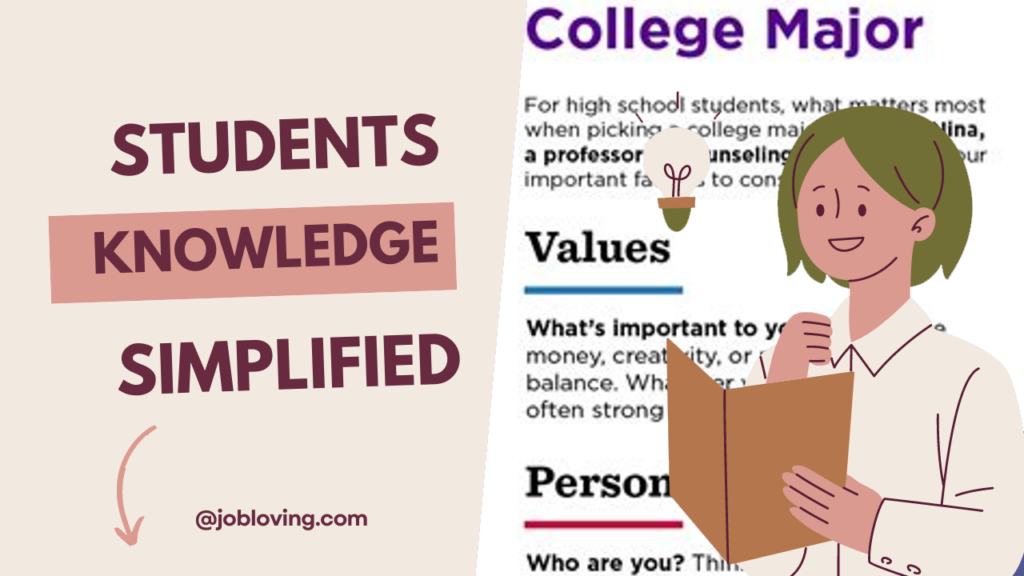Choosing a college is a rite of passage that can feel as monumental as picking a life partner—seriously. It’s not just about where you want to spend the next four years of your life, but also about shaping your future. The decision is layered and nuanced, informed by a plethora of factors.
At the top of the list sits academic quality. Both students and their families rank it as the primary consideration when weighing their options. After all, a degree from a reputable institution can open doors, shape careers, and lead to lifelong earnings. Right behind it? Cost and financial aid packages. With the rising expense of a higher education, affordability is a decisive factor for a whopping 80% of prospective students. Interestingly, 30% of parents feel they would have selected a different college if finances weren’t an issue.
Another crucial element in the mix is the institution’s brand and recognition. Approximately 62% of students mention the name recognition of a college impacts their decision. But don’t underestimate the allure of campus vibes—for 84% of students, diversity within the student body plays a role in their college choice. This echoes a broader cultural shift towards more inclusive spaces where students can feel represented and supported.
Proximity to home is also at play. Many students prefer to stay close; it’s all about comfort. The surrounding community’s safety is an important factor too. Nobody wants their parents fretting about their well-being. Students are also drawn to campuses that reflect aesthetic appeal. After all, who doesn’t want to spend their time in visually appealing surroundings?
Social influence cannot be overlooked. Conversations with family often steer students toward certain colleges, and recommendations from current students play a pivotal role for around 64% of them. Moreover, emotional ties run deep; many students are finding that incorporating mental health resources into the equation can enhance both their college selection process and overall satisfaction.
Though every student follows a unique path, the collaborative nature of decision-making stands out. Families are more involved than ever, especially in financial discussions. With the shifting landscape of college admissions—thanks to the pandemic’s aftershocks—many prospective students find themselves navigating new expectations and priorities.
In a nutshell, while the allure of a well-regarded institution captivates students’ minds, practicality often grounds their choices. Factors like cost, location, campus culture, and emotional well-being shape a college experience that will resonate long after graduation. So, whether you’re in it for the stamp on your résumé or the journey of self-discovery, remember: finding the “right” college is all about striking a perfect balance between aspiration and reality.
What role does campus safety play in students’ college selection process?
Campus safety significantly influences college choice for the majority of students, as they prioritize a secure environment both on campus and in the surrounding area when making their decisions.
How do family dynamics affect students’ college choices?
Family influences college choice for 75% of students, highlighting the importance of familial support and discussions, particularly regarding financial considerations and overall guidance during the selection process.
In what ways do current students impact prospective students’ decisions?
Current students are influential for 64% of prospective students, as their experiences and insights provide valuable perspectives on the quality and culture of potential colleges, helping to shape the decision-making process.
How has the pandemic altered students’ college selection priorities?
The pandemic has intensified the need for strong transfer agreements between two- and four-year institutions, increased the value placed on mental health support, and led to a greater emphasis on flexible admissions policies and virtual tours, reflecting a shift in students’ priorities during their college search.

